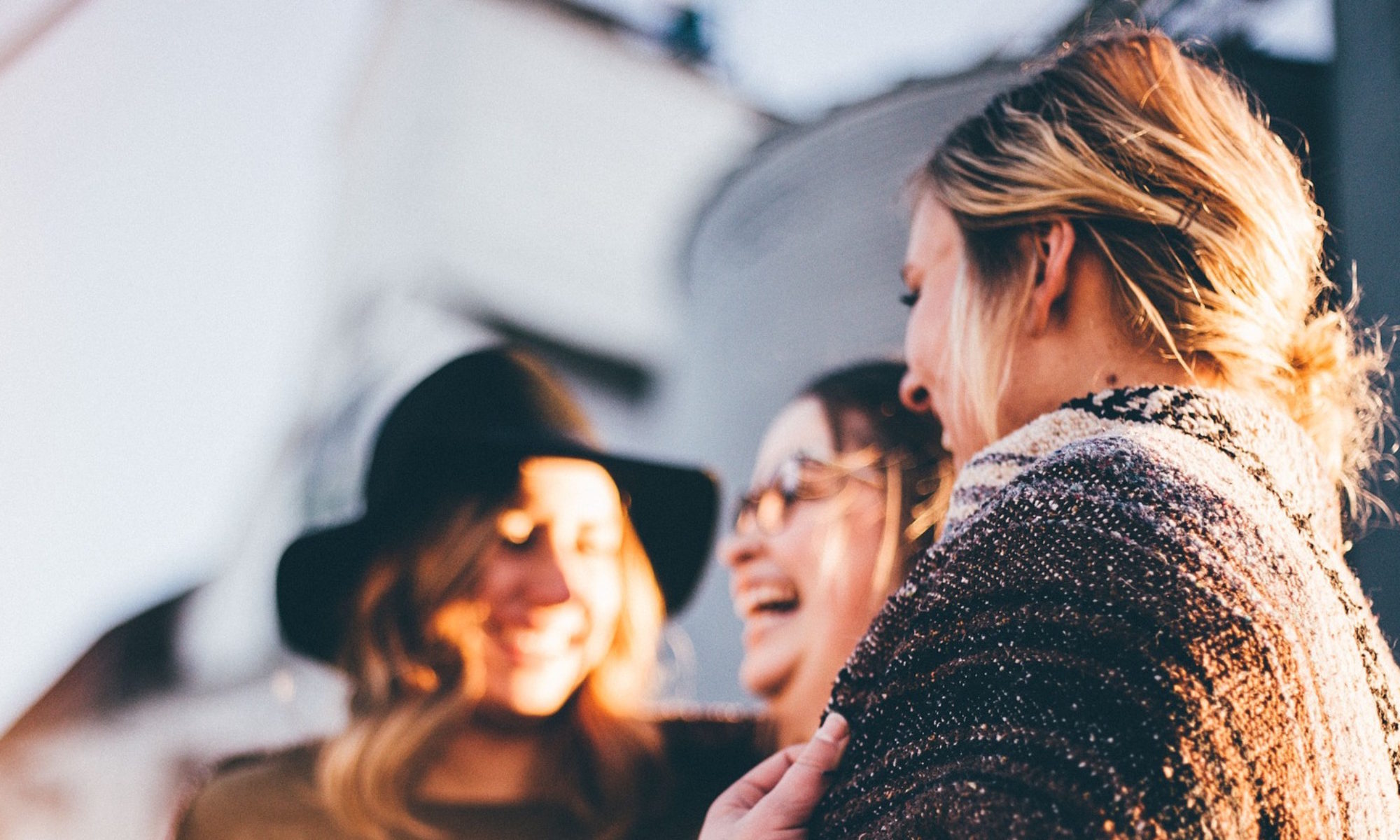Part 4 is here.
Lesson 30: Questions?
Lesson 31: Diminutives: typically Dutch
Lesson 32: When to write capitals
Exercises: Diminutives and questions
Translate the following questions: (infinitives are always at the end of a sentence in Dutch)
- Are you a baker? (informal)
- Where is the bakery?
- Can you come in the evening? (formal)
- Is he hot?
- How does she want to do it?
- Why do we help?
- When do they use the card?
- Who gives the house?
Make the diminutives of the following words (don’t forget to add the article):
- De middag
- De nacht
- Het land
- De boom (= tree)
- De baby
- De telefoon
Solutions:
Translate the following questions: (infinitives are always at the end of a sentence in Dutch)
- Ben je een bakker?
- Waar is de bakkerij?
- Kunt u ‘s avonds komen?
- Is hij heet?
- Hoe wil ze het doen?
- Waarom helpen we?
- Wanneer gebruiken ze de kaart?
- Wie geeft het huis?
Make the diminutives of the following words (don’t forget to add the article):
- Het middagje
- Het nachtje
- Het landje
- Het boompje
- Het baby’tje
- Het telefoontje (this can as well be used as ‘the phone call’ instead of ‘the little phone’).
Exercise 2: translation
Translate the following text, there’s some vocabulary in attachment (the vocabulary from previous lectures in section 5 is as well there) to help you:
Which day does his grandparents come? Jan, my brother, thinks tomorrow. In the big hotel it is good, I think. The small house is too small for our grandparents. They are always nice, the grandparents. In the evening they talk a lot. Now maybe a bit too much. But they have so many good little stories. Jan wants to present his girlfriend. His girlfriend is from Iceland. She speaks Dutch well and is a lawyer. Oh, I forget it: her name is Hafdis. I always forget names. Especially new names. What do I speak about again? Ah, yes, Hafdis. Friendly woman. A couple with Jan. Maybe one day, they will have little children.
Solution:
Translate the following text, there’s some vocabulary below to help you:
Welke dag komen zijn grootouders? Jan, mijn broer, denkt morgen. In het grote hotel is het goed, denk ik. Het huisje is te klein voor onze grootouders. Ze zijn altijd vriendelijk, de grootouders. ‘s Avonds praten ze veel. Nu misschien een beetje te veel. Maar ze hebben zo veel goede verhaaltjes. Jan wil zijn vriendin voorstellen. Zijn vriendin is van (or komt uit) IJsland. Ze spreekt goed Nederlands en is advocate. Oh, ik vergeet het: haar naam is Hafdis. Ik vergeet altijd namen. Vooral nieuwe namen. Waar spreek ik opnieuw over? Ah, ja, Hafdis. Vriendelijke vrouw. Een stel met Jan. Misschien hebben ze ooit kindjes.
If you have any questions, make sure to post a comment!
Lesson 33: tip, libraries
Here’s the links for the libraries.
Quiz
- The person to whom the question at the end of the last lecture was asked…: Thinks too much / will answer by indicating a timeframe / will answer by indicating a person / something else
- The intonation of a question in Dutch…: goes down near the end / stays the same over the whole question / goes up and down again / something else
- The correct way to write the river Yser, located in the West of Belgium, is… iJzer / Ijzer / IJzer / ijzer.
- ‘n Pintje, alstulieft! (means a beer, please)…: is wrong, it’s capital N / correct
Solutions
- Thinks too much. It’s ‘waarom denk jij te veel’, which means: why do you think so much?
- Something else. It goes up near the end.
- IJzer, ij is considered one letter for capitalisations. By the way, het ijzer (without capital) means the iron.
- It’s correct!


